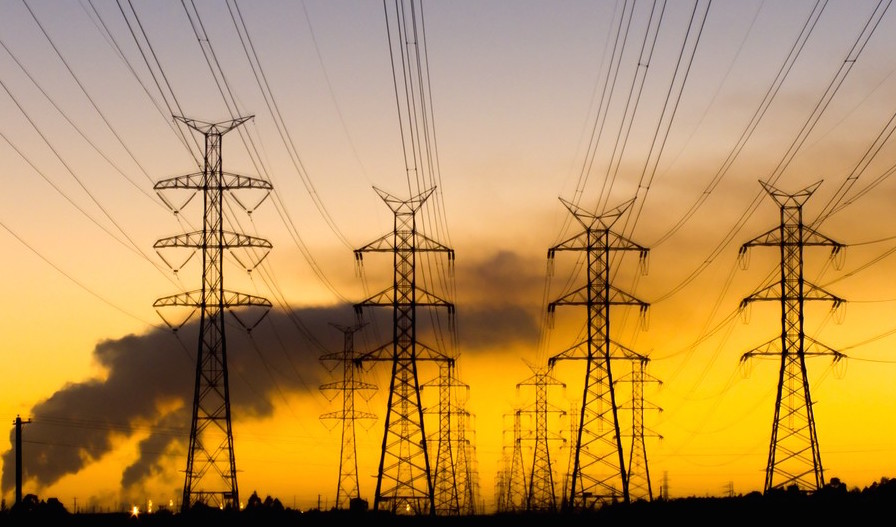- Nigeria Continues Power, Infrastructure Talks With Global Bodies
The quest for adequate and sustainable investments to boost the nation’s power sector and other infrastructure projects continued yesterday, with a bilateral meeting and talks with multilateral institutions by the Federal Government.
The leader of the Nigerian delegation to the ongoing World Bank Group/International Monetary Fund (IMF) meetings in Washington DC, Mrs. Kemi Adeosun, presented the country’s power and infrastructure projects, among others, to representatives of the Japan International Cooperation Agency (JICA).
This followed an engagement with the World Bank Group and the IMF by the minister at the G24 Finance Ministers and Central Bank Governors meetings, where the government asked the multilateral institutions to scale up their investment and support in the provision of and access to renewable energy for the country, to deliver development results and meet global climate goals.
Adeosun, described the call for scaling up renewable energy investment in Nigeria as win-win”, adding: “We have a major energy infrastructure gap to meet the needs of industrialisation. Providing access to energy to all parts of Nigeria, both urban and rural, is a priority. If we succeed, we estimate that this could unleash the development potentials of two-third of our population of 180 million.”
Mahmoud Isa-Dutse, who represented the Finance Minister, at the forum, commended JICA for strengthening the bilateral relations between Nigeria and Japan.
He assured that Nigeria and the agency would continue to work harmoniously towards the realisation of ongoing infrastructure projects in the power, water and road sectors as well as the rehabilitation of Jebbahydro power project.
The leader of JICA delegation, Hiroshi Kato, explained that the agency called for the Minister in order to review a proposal to support nutrition improvement in Nigeria, and also appraise ongoing infrastructure projects as well as some projects in the pipeline.
Kati, who is the Senior Vice President, said: “JICA is planning to implement the Technical Cooperation Project on capacity development for nutrition improvement in the Federal Capital Territory. This project has five years duration.
“The concept seeks to improve the nutrition situation of rural people in the FCT through dietary improvement and local production and local consumption of nutrition rich food,” Kato said.
He recalled that the Initiative for Food and Nutrition Security in Africa (IFNA), was launched in Nairobi in August 2016 during the Sixth Tokyo International Conference on African Development.
The IFNA, he noted, was created to help African Governments accelerate the implementation of their nutrition policies, and also to ensure integration of agriculture into nutrition actions at the local level.
On the power transmission project, Kato said JICA is working towards signing a loan agreement for the project by March 2019.
He expressed the agency’s interest in implementing a master plan study on National Power System Development.
He assured that the National Power System Development project would be a technical cooperation between Nigeria and JICA.

 Education4 weeks ago
Education4 weeks ago
 News3 weeks ago
News3 weeks ago
 Business3 weeks ago
Business3 weeks ago
 Technology3 weeks ago
Technology3 weeks ago
 Investment4 weeks ago
Investment4 weeks ago
 Investment3 weeks ago
Investment3 weeks ago
 Telecommunications4 weeks ago
Telecommunications4 weeks ago
 Banking Sector3 weeks ago
Banking Sector3 weeks ago






























